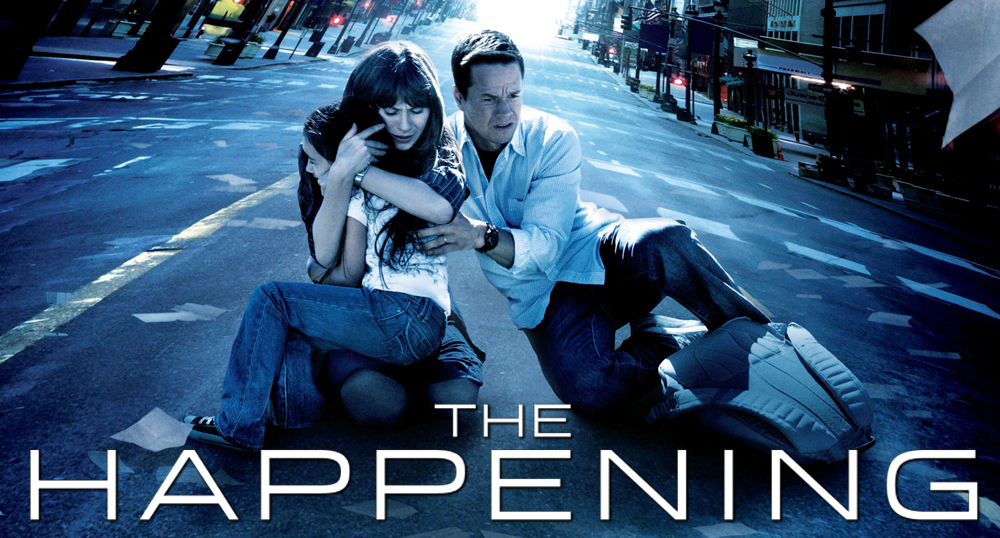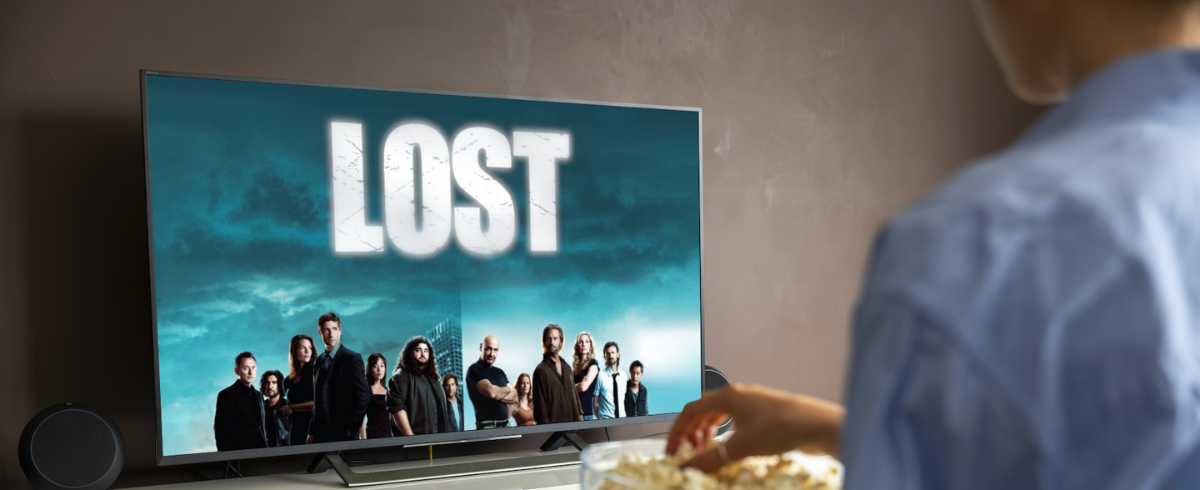In the past few years, I have been extremely pessimistic about the US economy. I explained that most pundits seemed to be underestimating the deflationary risks to the economy (A Different Perspective on the Global Economy), that our current account deficit was unsustainable (Macro Perspectives on Global Liquidity: How Chinese Farmers and Oil Sheiks are Subsidizing American Consumption and its Implications), and that real estate prices were out of line with reality (Rent … unless you want to buy).
High commodity, oil and food prices are rightly worrying many. However, I suspect that economists are again massively underestimating the deflationary risks. Most economists are expecting a recovery in the second half of 2009. I fear they may be wrong.
A Great Depression?
Several of my friends are extremely bearish. They expect this downturn to be nothing like what we have experienced in our lifetimes. This is the first time in our history that we are simultaneously being hit by a:
- A real estate crash
- A credit crunch
- An oil crisis
There was no oil crisis during the Great Depression… These three events can effect a self-reinforcing downwards cycle pushing the economy in a deep recession as consumers decrease their spending.
Things don’t “feel” so bad right now – unemployment is still below 6%. People are going on vacation and while the mood is bearish, it’s not terribly so. However, that’s not reason enough to discount the downside risk. In 1930, one year after the stock market crash, it probably “felt” pretty much as it does now. People did not foresee a deep ten year downturn.
Despite the unprecedented downwards pressures on the economy, a Great Depression type recession is unlikely. The Fed has learned the lessons from the Great Depression which was largely caused and exacerbated by incompetent monetary policy (read Monetary History by Friedman and Schwartz for the full explanation). Ben Bernanke is a scholar of the area and is unlikely to make the same mistakes. You can read his summary of Friedman and Schwartz’ analysis at:
http://www.federalreserve.gov/BOARDDOCS/SPEECHES/2002/20021108/default.htm.
A Deep Recession?
Given the downwards pressure on consumer spending and the remaining economic imbalances, a deep recession could be expected. Personal and government saving rates remain negative. Our current account deficit, while lower than the record 6.7% of GDP it hit a year ago, is still around 5% of GDP. House prices remain out of line with fundamentals despite the correction. In addition, boomers are about to retire.
To eliminate the imbalances, consumers are going to have to massively curtail spending and increase their savings. Given how sensitive the US economy is to consumer spending, a significant increase in the consumer savings rate would push it in a deep recession.
Historically Americans were willing to withstand deep recessions that set the stage for a strong recovery. The 1982 recession caused by Paul Volker and the Fed’s monetary tightening saw unemployment jump to over 9.5% with prime lending rates hitting 21.5% and long-term government bond yields topping out at over 15%. There was a deep, temporary economic downturn which lowered inflation for the long run. Inflation went from 13.3% in 1979, 12.5% in 1980, 8.9% in 1981 and 3.5% in 1982. The CPI inflation rate stayed below 4% for most of the next 25 years.
More likely: a shallow recession followed by years of sub-par growth
Given the current policy responses, instead of a short deep recession to remove the economic imbalances, we seem to be opting for a shallow recession followed by years of sub-par growth as Japan had from 1989 until today.
At the first sign of a slowdown we saw both massive easing by the Fed and an unprecedented fiscal stimulus putting cash directly in the pockets of consumers. Once the survival of the banking system was guaranteed, I wonder if the Fed’s action is not somewhat misguided and frankly unfair. The impact of the Fed’s lowering of interest rates is limited by two countervailing forces:
- Banks have significantly reduced lending activities
- Any decrease in interest rates increases oil prices
Not only is the impact of lower interest rates more limited than usual, but in addition, it’s essentially bailing out home owners and home lenders at the cost of higher oil prices for everyone else.
Moreover, most of the suggested additional policy response seems misguided – appearing to help on the surface, but in fact not changing the outcome while increasing the regulatory burden on industries or benefiting current homeowners at the expense of future homeowners.
A few examples include:
- Federal tax relief on oil for the summer: McCain’s proposal is populist hogwash. In the short term the supply of oil is essentially fixed. Removing the tax would decrease the price of gas which would increase demand for oil and hence its price. In other words, it would essentially be transferring tax revenues to oil producing nations in the form of higher oil prices (and a small portion back to consumers in the form of slightly lower gas prices).
- Regulatory oversight of oil speculators: Obama’s proposal also makes no sense. Prices are fundamentally determined by supply and demand. Speculators are purely betting on the direction, but in the end they don’t impact supply and demand as they never take delivery of the oil. Moreover, it seems that are current prices there is more short interest on oil than long interest – probably holding prices down by a few dollars per barrel.
- Anti-gasoline price gouging law: the market for gas is actually extremely competitive – both between producers and between dealers. If anyone was trying to charge more than the market price, they would be driven out of business very rapidly. Introducing price controls as was done in the 1970s would lead to queuing, shortages and an inefficient allocation of gas.
I also fear that this downturn will bring a political bull market where politicians wanting to appear proactive will pass counter-productive policies as those mentioned above hurting our potential long term growth.
I really hope I am wrong, but my instinct is that we are setting ourselves up for at least 5 years of sub-par growth.
Caveats:
- I am a micro-economist by training. I mostly studied labor economics and econometrics – a field I find much more scientific and exact than macroeconomics.
- I have been wrong before. I started fretting about excessive house prices in 2002 or 2003. Anyone who listened to me, missed out on 5 years of housing inflation. Moreover, I became extremely bearish on the US economy in 2005/2006. The slowdown only hit the economy in Q4 2007 / Q1 2008.
- I have repeatedly been surprised by the resilience of the American consumer.
- My optimistic friends believe that the US will lead a green technology revolution and that innovation will take us out of this recession and will start a new growth phase. They are all eagerly waiting for green tech’s “Netscape IPO” moment. I hope they are right!













